Ten Reads for Black History Month
From James Baldwin to Toni Morrison
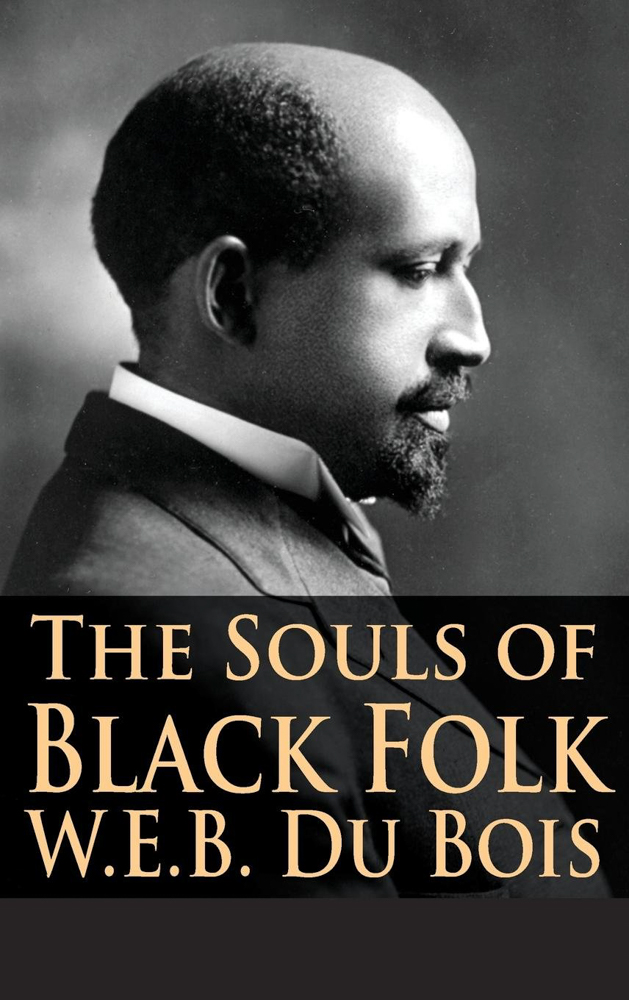
There are throngs of writers not represented here — from Richard Wright to Ralph Ellison and Frederick Douglass to August Wilson to Ida B. Wells, Alice Walker, Angela Davis, and so many others who contributed to a rich vein of cultural and artistic treasure. My list is an appetizer, the main course lies elsewhere. Not only have these books informed and moved me, they have also forced me to contemplate the hard truth about who we are, the conundrum at the core of America with which we continue to wrestle.
The Souls of Black Folks, by W.E.B. Du Bois (1903): Du Bois was a thinker and writer of towering intellect, working at a time when most whites clung to the racist idea that Negroes were intellectually backward and fated for inferiority. Du Bois exposes this notion for the lie it was then and remains today. “Would America have been America without her Negro people?” he asks, and then goes on to describe the many contributions of a people who had known centuries of subjugation, from the labor that spurred America’s growth and expansion to the slave songs and spirituality that pervaded the larger white culture.
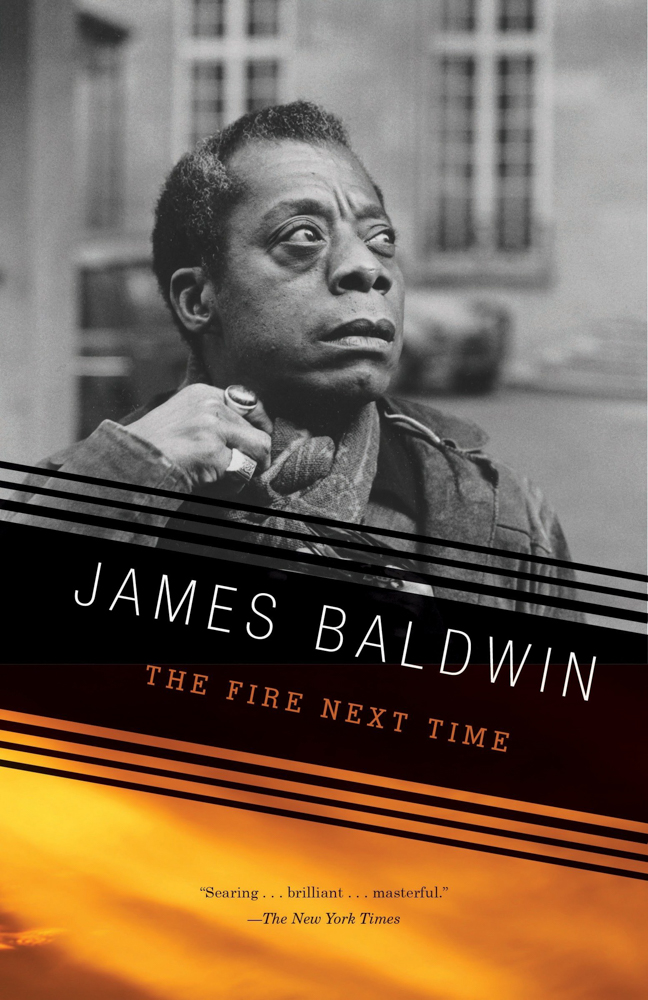
The Fire Next Time, by James Baldwin (1963): Baldwin wrote novels, essays, plays and film reviews, but his star rarely burned hotter than it did when he wrote this polemic masterpiece, as relevant today as it was in 1963. The book consists of two essays, “My Dungeon Shook” and “Down at the Cross.” In “My Dungeon Shook,” Baldwin, ostensibly writing to his nephew, offers the young man this observation on white people: “They are, in effect, still trapped in a history which they do not understand; and until they understand it, they cannot be released from it.” The passage of more than a half century hasn’t diminished the power of Baldwin’s words.
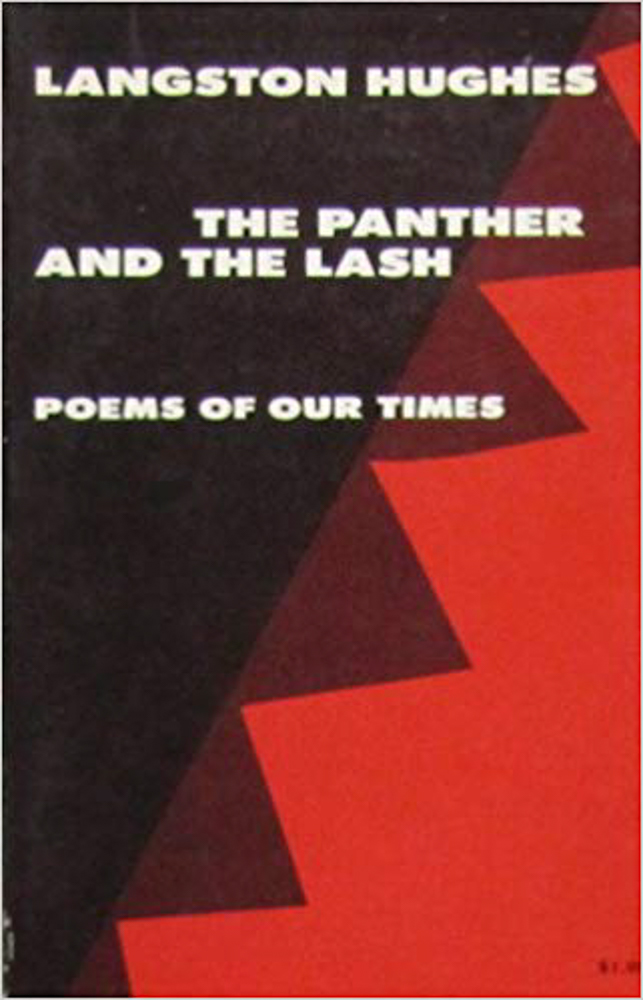
The Panther and the Lash: Poems of Our Times, by Langston Hughes (1967): In this slender collection, Hughes’s last book of verse, the reader encounters the spare, crystalline, powerful words of a prolific writer who captured the rawness and deep sorrow in the African-American experience. There are some unforgettable lines in this collection, such as “Uptown on Lenox Avenue / Where a nickel costs a dime” and “That tears and blood / Still mix like rain in Mississippi.”
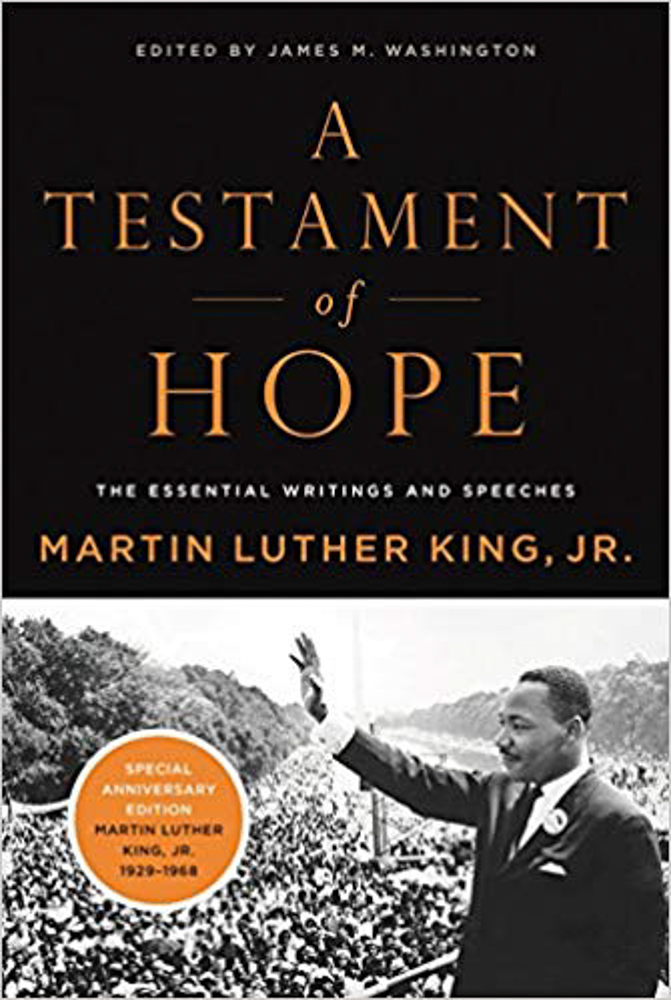
A Testament of Hope: The Essential Writings and Speeches of Martin Luther King, Jr. (1986): This is an indispensable collection that showcases the range and depth of King’s spiritual and intellectual thinking. It’s all here, “Letter from a Birmingham Jail,” “Where Do We Go from Here,” and “A Time to Break Silence,” King’s unforgettable April 1967 address at the Riverside Church in New York City. “Some of us who have already begun to break the silence of the night have found that the calling to speak is often a vocation of agony, but we must speak.”

Beloved, by Toni Morrison (1987): A murder, a haunting, a ghost, the present and the past, blood and brutality, scarred flesh and wounded psyches, and black people on the run with white men in pursuit of their human property. Beloved is not an easy or comfortable read, but it deserves its place as one of the great works of 20th-century American literature.
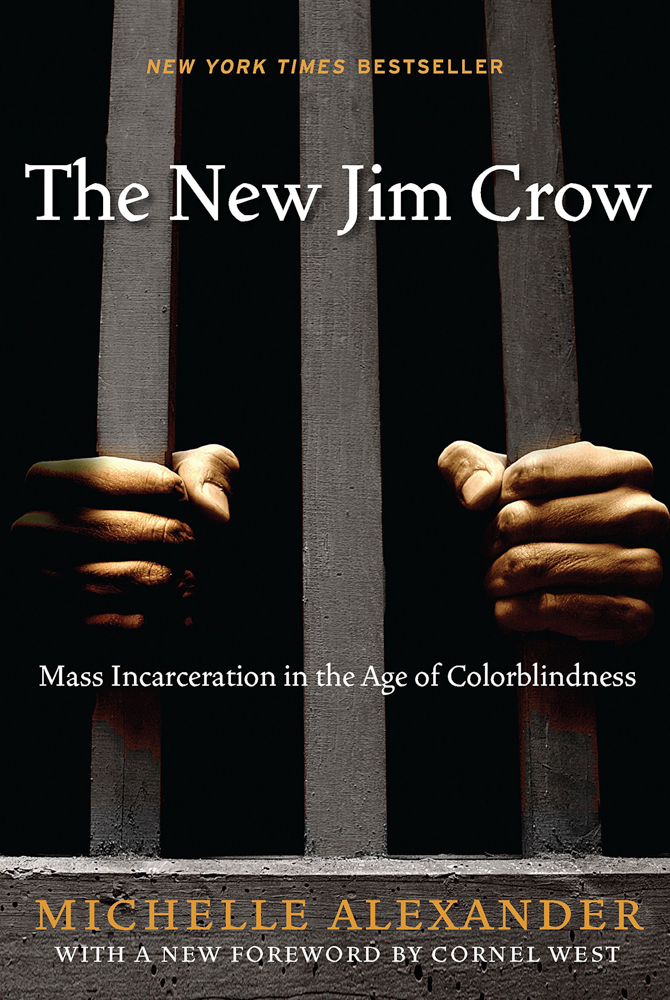
The New Jim Crow: Mass Incarceration in the Age of Color Blindness, by Michelle Alexander (2010): No recent writer has brought attention to the injustice at the core of the American criminal justice system like Alexander. “The stark and sobering reality is that, for reasons largely unrelated to actual crime trends, the American penal system has emerged as a system of social control unparalleled in world history.” The targets of this control are largely defined by race. In 1972, fewer than 350,000 people were held in American prisons and jails; today that number is more than two million. As Alexander points out, no other country in the world incarcerates so many of its racial and ethnic minorities.”
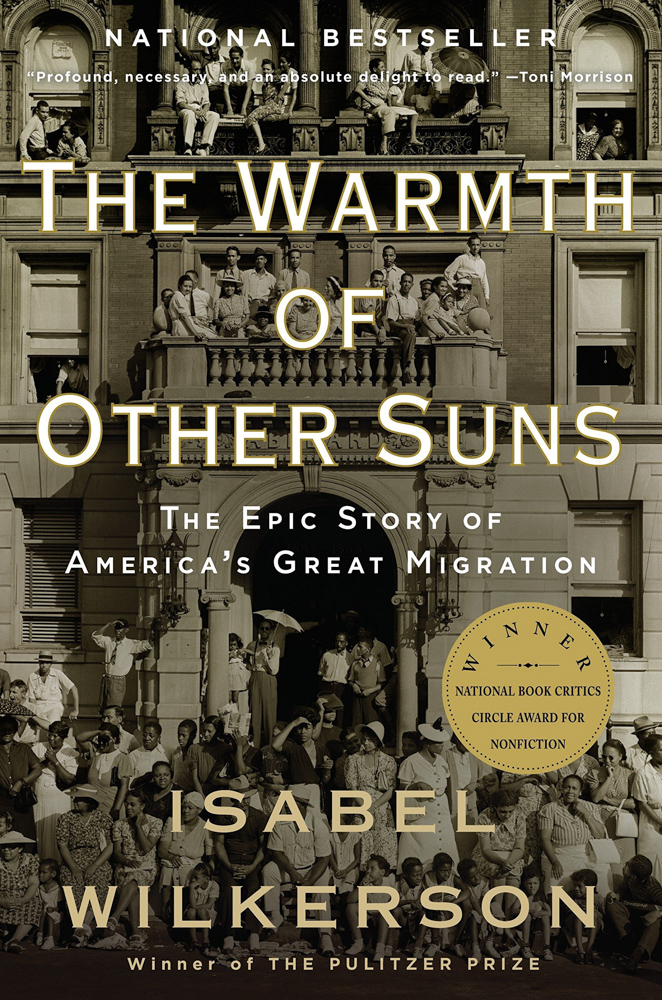
The Warmth of Other Suns: The Epic Story of America’s Great Migration, by Isabel Wilkerson (2010): In the top five of the best nonfiction books I’ve ever read, this book chronicles one of the greatest internal human migrations of all time — and perhaps the most underreported chapter in American history — the Great Migration of African-Americans out of the Jim Crow south. From 1915 to 1970, an estimated six million black people left the land of their forefathers and mothers. If you want to understand the African-American experience at a deeper level, this is an indispensable book to read and contemplate.
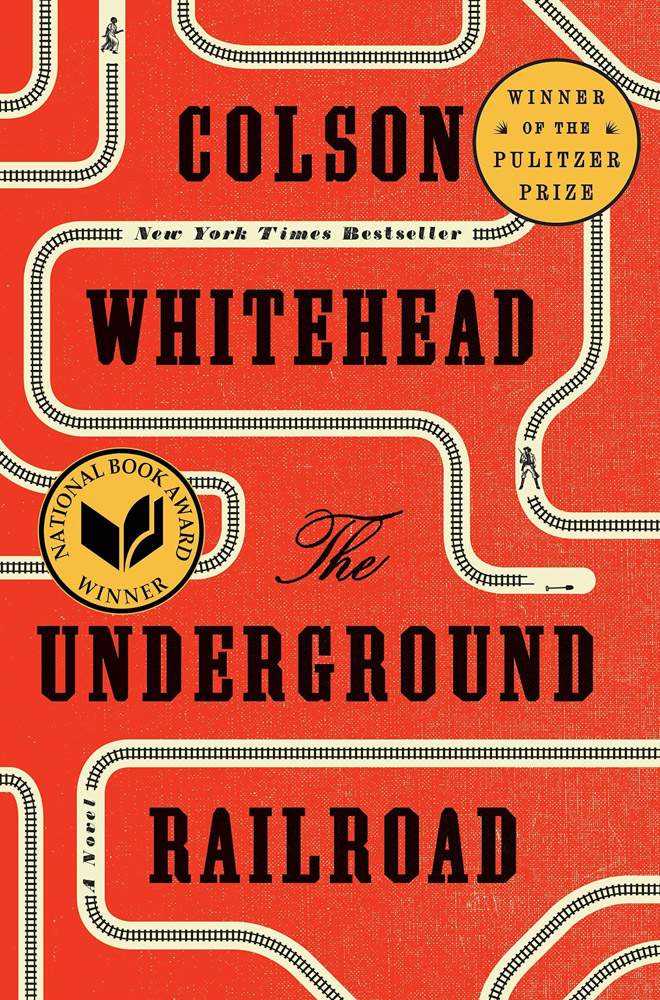
The Underground Railroad, by Colson Whitehead (2016): This Pulitzer Prize–winning novel reimagines the underground railroad, the surreptitious network of waystations that spirited black slaves out of the South at mortal risk to themselves and those who aided them. At the heart of the novel is the indomitable figure of Cora, who endures unimaginable pain on her long uncertain journey to freedom. “Stolen bodies working stolen land. It was an engine that did not stop, its hungry boiler fed with blood.”
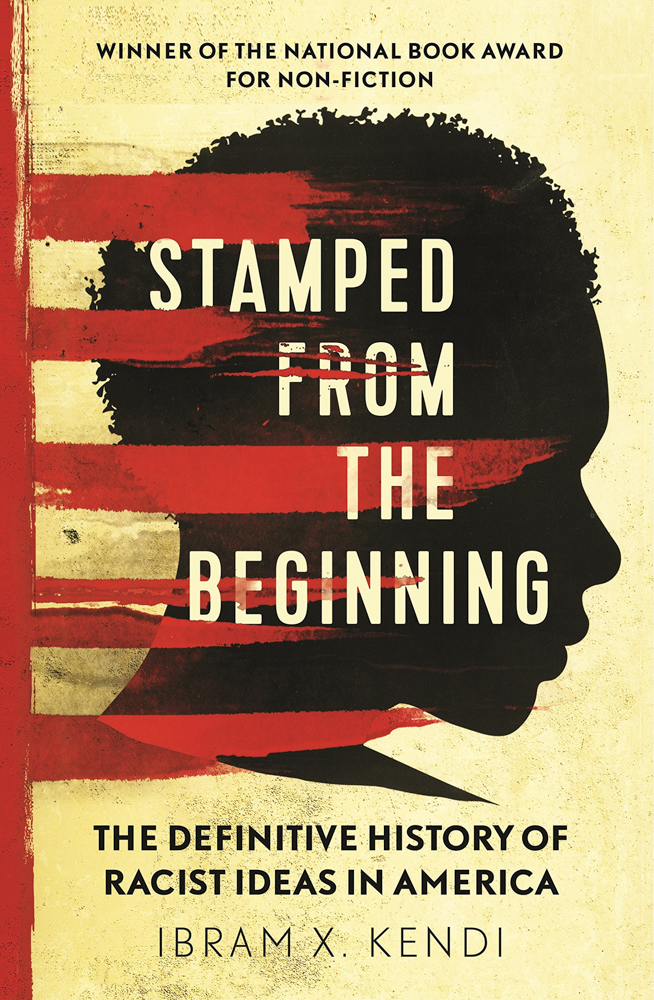
Stamped from the Beginning: The Definitive History of Racist Ideas in America, by Ibram X. Kendi (2016): This book from National Book Award winner Kendi examines the intellectual underpinnings of racist ideas, the biblical and genetic justifications employed by white society to subjugate Africans and enshrine their inferiority, both in the culture and under the law. While many racist ideas have been long debunked, this doesn’t mean they have disappeared. Recent history proves how resilient these ideas can be, how impervious to logic, morality, and humanity, and how easily employed by demagogues to stoke the fires of intolerance. “Self-serving efforts by powerful factions to define their racist rhetoric as non-racist has left Americans thoroughly divided over, and ignorant of, what racist ideas truly are.”
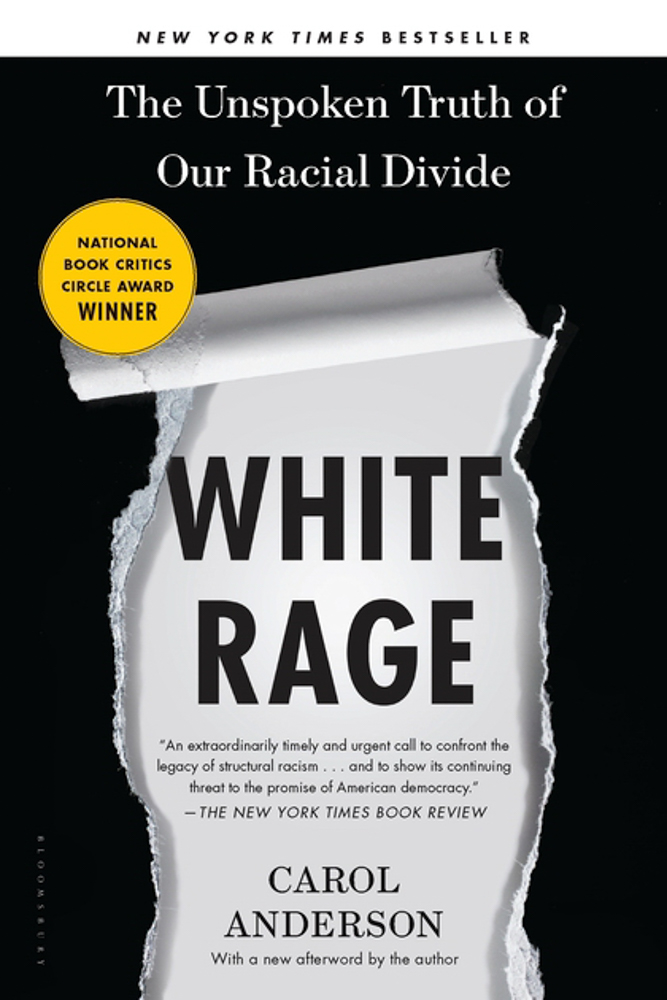
White Rage: The Unspoken Truth of Our Racial Divide, by Carol Anderson (2016): “The trigger for white rage, inevitably, is black advancement.” From the Black Codes of the Reconstruction era to Jim Crow to the blowback over the presidency of Barack Obama to the heavy racial baggage carried by Donald J. Trump’s “Make America Great Again” sloganeering, Anderson makes a compelling argument that it is long past time to rethink America.



